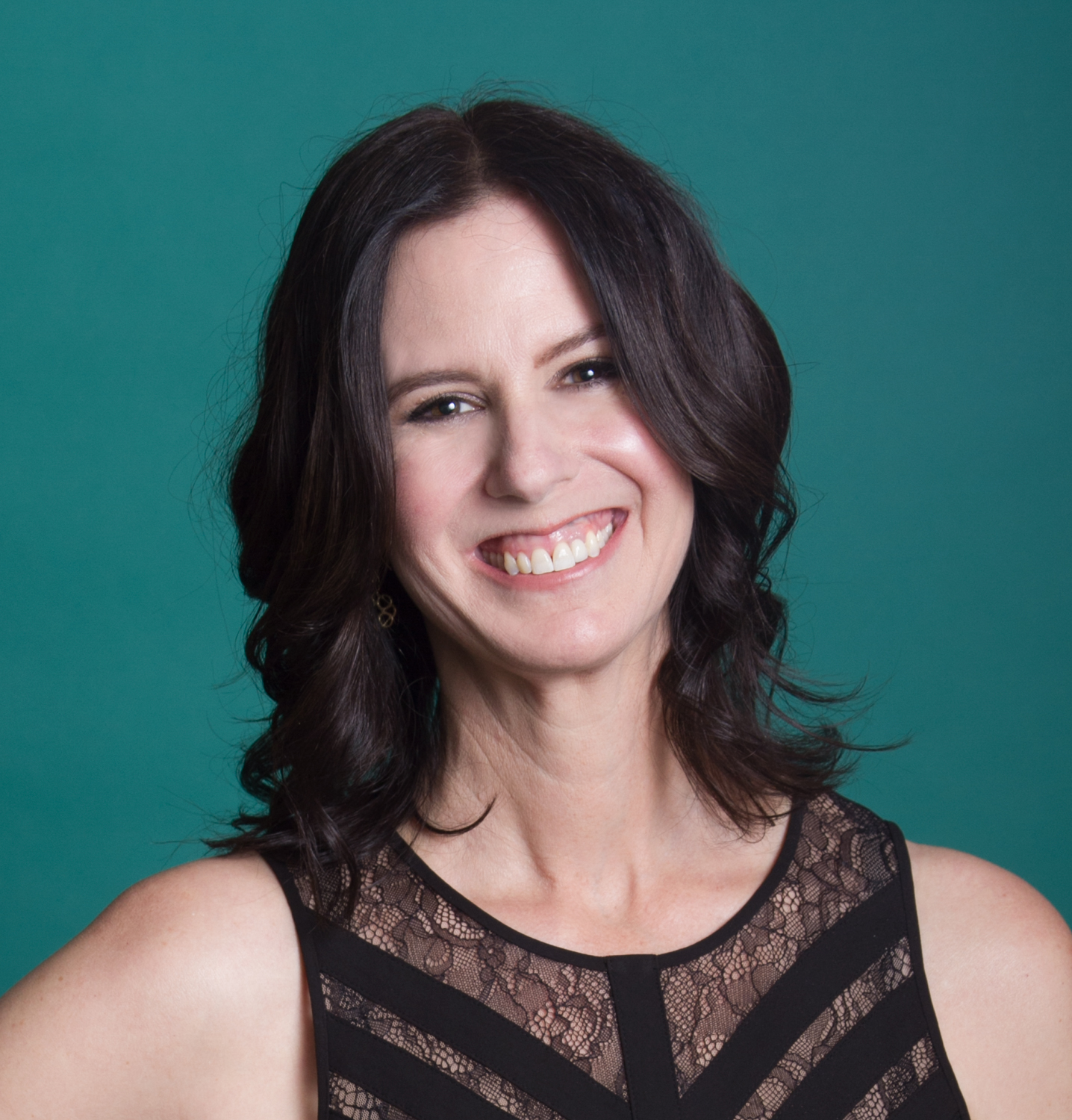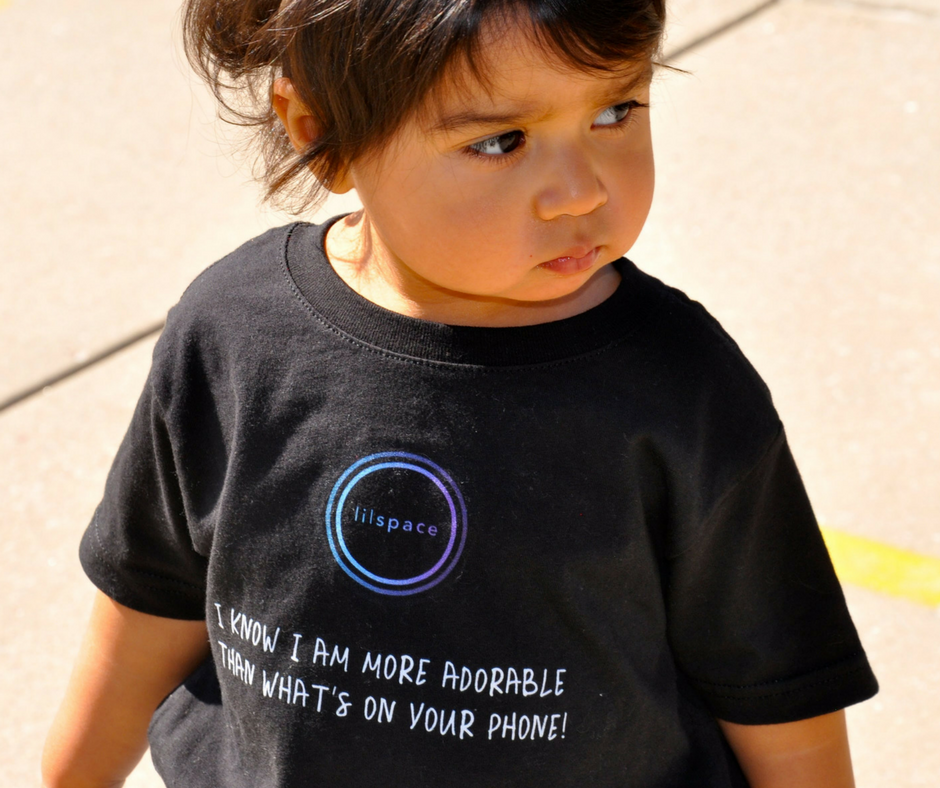We are grateful for the digital wellness tools announced by Google in May and Apple in June.
Now that you mention it, we are happy to know that our phones will automatically stop nudging us when we are somewhere or with someone we care about. So, kudos for giving us the control to turn on Do Not Disturb when we want to be more present.
And, yes, you’re right, it will be good to see how much time is being sucked out of our days by monitoring our usage. It’s great that we will receive weekly reports and decide which digital activities we want to limit.
For those of us who are parents, we embrace the opportunity to teach our hyper-connected children, and really, ourselves, about tech/life balance. It feels good to be back in the driver’s seat when it comes to monitoring our families’ digital health and safety.

Change is an inside job for us humans. Diving deeper into our devices and applying “stat-guilt” is not the end game.
Some of the press coverage that has come out after the WWDC this week has expressed concern about Apple’s mixed messages. BuzzFeed reported that during the keynote, Apple’s VP of software engineering while presenting the new suite of digital health tools, “soberly said, ‘We might not even recognize how distracted we have become.’ Then, not 30 minutes later another Apple executive gave a demo that was ‘a harried, upbeat, and at times short-of-breath master class in multitasking’. Even reading about the display of cross purposes was confusing.
Perhaps we need to ask how the big tech companies can be both the problem and the solution.
Back in May, Wired Magazine featured an article about the Google I/O, the announcement of tools to make the Android phone less addictive and ended the article by stating that “…real “wellness” in the current technological landscape will require more than a few toggles on a phone.”
Because we can’t rely on Apple and Google to help us kick our bad tech habits, we are lucky that the Center for Humane Technology is constantly pulling the curtain back and advocating for our digital well being. Personally, I am proud to be included in the self-named group, Digital Wellness Warriors that has banded together developers, entrepreneurs, and thought-leaders all working on products that help people establish healthy relationships with their phones. The DIgital Wellness Warriors first project together was to circulate a petition asking Apple to open their standard development kit so that apps, like lilspace, can offer the same digital life-changing tools that are available for Android.
It is good to know that people in high places are looking out for us.
On the ground, at lilspace, we work daily to build a community around taking breaks from our phones reminding us that we still exist, we are not alone, even when we don’t see a digital glow. Our team is constantly looking for ways to motivate you to live more of your life beyond your screens. We want to know what people, what places and what real-life things will make you forget about your phone.
Our smartphones have disrupted the business of human relationships the same way Uber disrupted the taxicab industry. Sherry Turkle, the author of Alone Together and Reclaiming Conversation, has been warning us since 2011 that when we are distracted by our phones, we “pay insufficient attention to one another, creating increasingly shallow relationships.” Looking where we are 7 years later, there is no question that Turkle was right and the repercussions can be felt all around us.
Thankfully, together, we can stay ahead of this. Here are some tips so we can keep making positive changes together.
Be less of a tool for your phone and get to know the ways you can make your phone be a tool to support your emotional health and wellbeing. Here are links to learn more about what will be available for iPhone and for Android.
Encourage your friends and family to join you in making these healthy changes. Lilspace donates $1 to different causes for every hour we unplug together around the world. The power of community is unstoppable.
Figure out what needs to happen so that your real-life and your relationships bring you a more engaging user experience than what’s on your phone.
Then, keep in mind what the Dalai Lama tweeted back in 2012,
“A genuine change must first come from within the individual…”
Ok, yes, I get the irony 🙂


